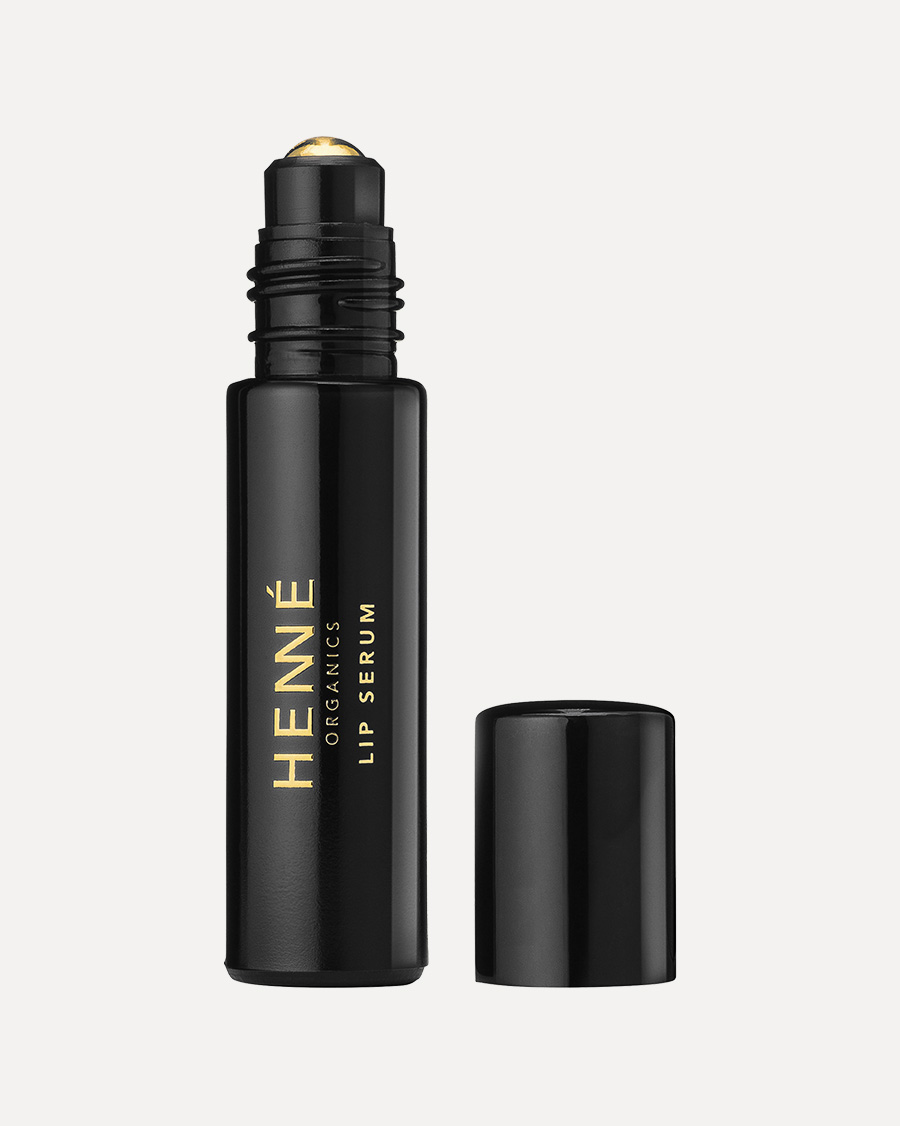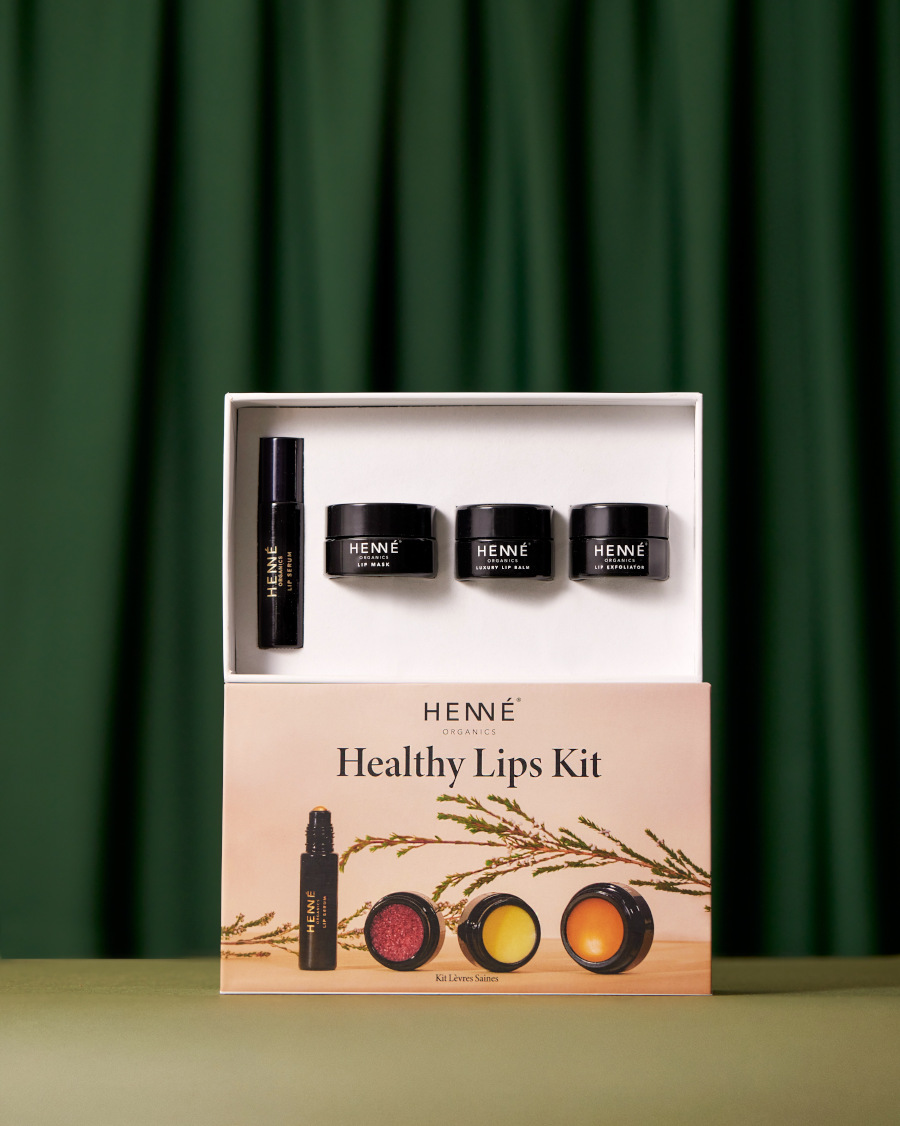The Benefits of Sunlight Exposure & How to Stay Sun Safe
The sun’s coming out and you’re prepping for some much-needed sunshine. But wait! Don’t reach for that sunscreen just yet. Contrary to today’s skincare mantra, the sun isn’t entirely evil. And slathering on sunscreen every single day may be harming you in the long run. Instead, we’re revealing why you should reconsider your daily sunscreen and how to maintain a healthy balance between getting enough sunshine and caring for your skin.
Just remember: timing matters. Aim to soak up those rays early in the morning (before 10 a.m.) or later in the afternoon (after 4 p.m.) when UV rays are gentler. And when in doubt, check the UV index before heading out to guide you on whether you need a little extra sun protection or not.
You can spot chemical sunscreens through their active ingredients like:
Toss them out and instead, let’s move on to our preferred type of sunscreen.
When it comes to our knowledge and commitment to beauty safety, we choose mineral over chemical every single time. Not only are they generally safe, but they tend to be organic and environmentally friendly. Wins all around for mineral sunscreen!
Basically:
Mineral = Good
Chemical = Bad
Got it? Cool. Now, let’s switch gears to getting your sun exposure in.

Chronic chapped lips? Who doesn’t get them during the hottest time of the year? Opt for a deeply hydrating mask to replenish moisture. You can even wear our Lip Mask overnight and wake up to a huge boost to lip softness that lasts all day long.

Finally, if you’re spending hours outside, an SPF lip balm is a good call. But for regular day-to-activities, a non-SPF balm often provides better moisture and can benefit chapped lips more.
Why Sunlight is Good (in Moderation)
Yes, we’ve all heard the scary stuff: premature aging, sunburns, skin cancer. These are all legitimate concerns. Who doesn’t want to harm their skin? But while these warnings are real and worth paying attention to, you shouldn’t see the sun as your enemy. In fact, your body needs the sun to thrive. Why? Well, for lots of reasons:- Vitamin D Boost: Your skin makes vitamin D when it’s exposed to sunlight. This essential vitamin supports your immune system, helps regulate your mood, and maintains the strength of your bones. You’ll find it easier to stave off sickness and even prevent conditions like osteoporosis, which is especially important for women who are more likely to develop it.
- Better Sleep: Sunlight helps keep your circadian rhythm in check. With a regulated circadian rhythm, your body knows when to wake up and when to wind down. You’ll feel more rested and alert. That miles-long-to-do-list? Piece of cake! Well, at least a little easier than with an unregulated circadian rhythm.
- Mental Health Perks: Natural light can help lift your spirits, reduce stress, and even combat symptoms of depression.
Just remember: timing matters. Aim to soak up those rays early in the morning (before 10 a.m.) or later in the afternoon (after 4 p.m.) when UV rays are gentler. And when in doubt, check the UV index before heading out to guide you on whether you need a little extra sun protection or not.
Sun Protection That Won’t Make Things Worse
Slathering on sunscreen is a go-to skincare ritual, but not all sunscreens are created equal. In fact, some may even be jeopardizing your health. Let’s dive into the right (and wrong) kind of sunscreens on the market.Chemical Vs. Mineral Sunscreens
There are two different kinds of sunscreens: chemical and mineral. Each has its own way of combating harsh UV rays and protecting your skin, but only one can cause you and your loved ones some health issues. Do you know which one that is? Let’s test your knowledge between the two:Chemical Sunscreens
Chemical sunscreens work exactly the way they sound: through chemical reactions. This type of sunscreen is absorbed into your skin where it then converts UV rays into heat. Sounds cool, right? Think again. The problem with the way chemical sunscreens work is you end up absorbing the product into your body and even into your bloodstream. And the ingredients needed to make these sunscreens work have been known to do harmful things to you. We’re talking about problems like hormone disruption, skin irritation, and systemic absorption (that’s a fancy word for entering your blood, urine, and even breast milk). Mamas, our babies deserve better than that. Shoot, you deserve better than that.You can spot chemical sunscreens through their active ingredients like:
- Oxybenzone
- Avobenzone
- Octinoxate
Toss them out and instead, let’s move on to our preferred type of sunscreen.
Mineral Sunscreens
Unlike the dreaded chemical sunscreen, mineral kinds aren’t absorbed into your skin. They actually sit on top of your skin and reflect UVA and UVB rays away. Ingredients like titanium dioxide and zinc oxide act like a physical shield, protecting your skin from UV damage without entering your bloodstream. They’re also generally non-irritating and safe for sensitive skin so all skin types will benefit from them.When it comes to our knowledge and commitment to beauty safety, we choose mineral over chemical every single time. Not only are they generally safe, but they tend to be organic and environmentally friendly. Wins all around for mineral sunscreen!
We gave you a ton of info, so let’s recap with the need-to-know stuff:
- Mineral sunscreen won’t enter your bloodstream and is safe for skin and the environment alike.
- Chemical sunscreens can enter your bloodstream which may lead to hormone disruption and other health concerns.
Basically:
Mineral = Good
Chemical = Bad
Got it? Cool. Now, let’s switch gears to getting your sun exposure in.
Our No-Brainer Sunlight Exposure Tips
Want those super awesome health benefits from the sun we mentioned earlier? We’re all for getting your sunshine on…but let’s do it the right way:- Don’t overdo the SPF: You don’t need sunscreen for a quick walk around the block or sipping coffee on the porch. Unless the UV index is high or you’re planning to be outside for a while, it’s okay to forego the sunblock.
- Find some shade: Whether it’s under a tree, an umbrella, or a cute sun hat, give your skin regular breaks from direct sun with a little shade here and there.
- Eat smart: Antioxidant-rich foods like carrots, leafy greens, and berries can help you fend off sun damage caused by free radicals. And Omega-3 fatty acids (like flaxseeds, chia, or walnuts) can help your skin stay resilient.
- Hydrate like it’s your job: Dehydration makes your skin look and feel awful. Water is your BFF when outdoors. And indoors, too, but you get what we mean.
- Respect the sun, don’t fear it: You don’t have to hide indoors when the sun is out. Just be smart and listen to your body (and the UV index).
Extra Skin Care During These Hot Summer Months
When your skin is feeling crispy, a little extra skincare goes a long way. Put moisture back into your skin with a hydrating oil. Our Illumine Face Oil is made to nourish and revitalize so your dry skin gets its glowing bounce back.
Chronic chapped lips? Who doesn’t get them during the hottest time of the year? Opt for a deeply hydrating mask to replenish moisture. You can even wear our Lip Mask overnight and wake up to a huge boost to lip softness that lasts all day long.

Finally, if you’re spending hours outside, an SPF lip balm is a good call. But for regular day-to-activities, a non-SPF balm often provides better moisture and can benefit chapped lips more.



